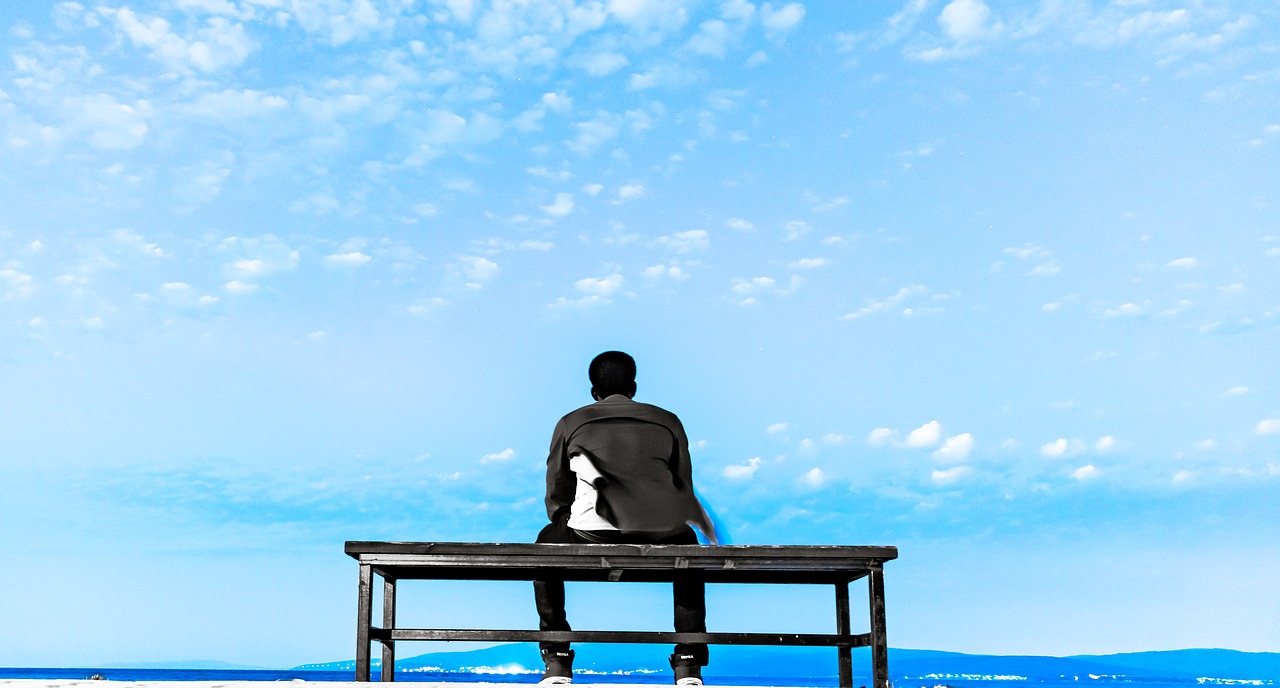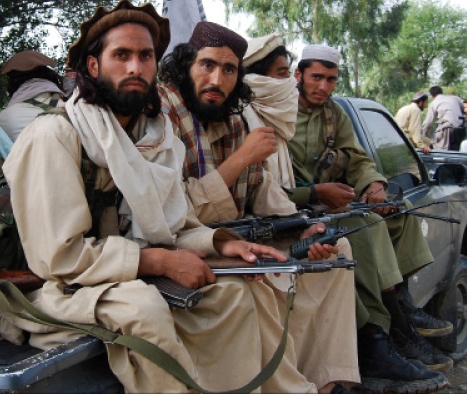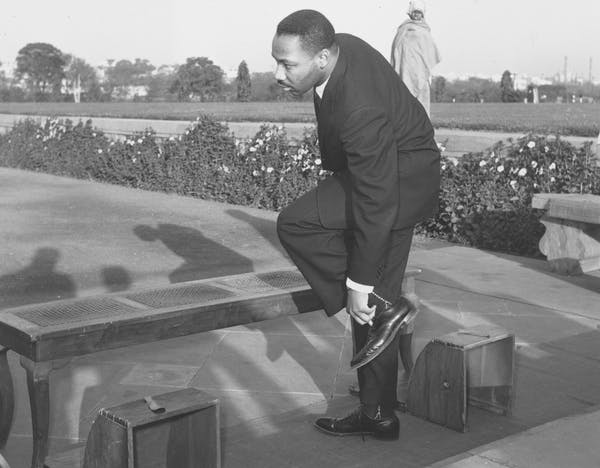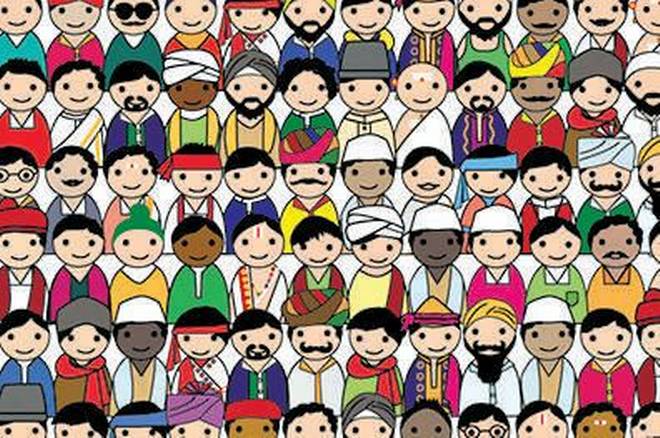“And it’s a human need to be told stories. The more we’re governed by idiots and have no control over our destinies, the more we need to tell stories to each other about who we are, why we are, where we come from, and what might be possible,” said Alan Rickman. One could not agree more. At a time when our world is ravaged by the COVID-19 pandemic, our life-worlds have been disrupted. Everything ranging from our social interactions to our worlds of work has undergone radical, and in most cases, digital transformations. In times when physical distancing is mandatory, social solidarity becomes imperative. Sharing stories and engaging in contemplative dialogue makes us aware of our shared destinies and realities.
Let us contemplate over development. In the 21st century, we have achieved unprecedented levels of economic growth under neoliberal capitalism. Yet we saw the superpowers of the world kneel before the mighty pandemic. In the developing world, the pathetic state of public healthcare intensified the pandemic-induced crisis. The pandemic reminded us that economic growth alone does not suffice; we need our development to be sustainable. Not emphasising on human development cost us dearly. Unless the twin pillars of education and healthcare stand firm, nations can scarcely achieve human development for all. As Prof. Sen illustrated, development entails the removal of substantive unfreedoms and the expansion of choices. Where has the mindless pursuit of capital accumulation led us? Only towards unsustainable and unequal development.
These times are tragic and unprecedented. I would argue that this is a time for critical introspection and reflection. We need a radically different set of values to rebuild our world for the post-pandemic era. We will have to inculcate some virtues, do away with some vices, and initiate collaborative efforts towards this rehabilitation project. We will have to reimagine how we lead our daily lives and change our habits, perceptions, needs, ideologies, morals and ethics. The socio-economic, cultural, political, and ecological challenges are many; our alternatives few. We have to begin again from scratch.
If we have to re-envision development, we have to adopt another set of values as a way of life. This value system, replete with considerations of ethics and virtues, should be our moral compass for each day that we live. I shall discuss three values which we must try to imbibe. These integrate concerns related to society, economy and ecology.
The first virtue that I shall talk about is responsibility. Each one of us needs to take complete responsibility for our actions. As a student, I critically observe my university space. It was disappointing to see nearly empty classrooms. Unless we attend classes and participate in discussions, how can we transform the classroom into a non-hierarchical and inclusive space? Now, when all of it has been replaced by the online mode, I hope everyone is realising the importance of learning together in the university. If we study only for examinations, are we learning anything at all? This decline of studentship causes me great agony. By failing to behave responsibly, we act in a manner antithetical to the spirit of studentship and collaborative learning. I also see brilliant youth of my generation who possess immense creative potential wasting themselves away by indulging into substance abuse. They harm not only themselves, but also their near and dear ones, and our society.
If each one of us acts responsibly, we can address the many crises that our world is grappling with – the moral, the material, and the spiritual. Have we given up on our ethics in the pursuit of self-interest? Are we honestly paying our taxes, are we exercising our rights and fulfilling our duties as responsible citizens? Are we doing our jobs diligently, are we setting good examples for our future generations? Are we working with honesty and sincerity, or are we falling prey to lethargy and passivity? No matter what we do, we have to bear the responsibility for its consequences if we are to withstand a moral crisis.
For development to be sustainable, we will have to act responsibly so that the resources we have today are not depleted by tomorrow. By doing so, we will be able to evade the material crises that exacerbate inequality and hinder inclusive development. Moreover, we can find peace in the spiritual domain only when our conscience is clear and not guilty. Responsible thought, word and deeds are the only pathway to peace and inner enlightenment.
This brings us to the second virtue – freedom from possession. This is analogous to one of the principles of Jainism – aparigraha – which implies decreasing consumption and minimising accumulation. This has strong ecological connections; the lesser we consume, the lesser is the waste that we generate. In a world governed by consumerism-led capitalism, accumulation is the name of the game. Our cities have high-rises and skyscrapers, but also concrete jungles and poisonous air. Avarice and the quest for unchecked power have only led us to war and despair. Can we draw a line to separate our wants and needs? Should we maximise production and consumption for the sake of growth? Should the goals of development only include unequal concentration or equitable distribution? Should we spend our life accumulating material wealth and possessions, or strive towards a life of minimal consumption and greater spiritual awakening? The simple joys of life – exploring the depths of nature, spending time with a loved one, or the aesthetics of literature, cinema, and poetry – cost nothing, yet are worth more than anything money can buy.
The third value that is quintessential for building a new world is empathy. With compassion and the ethics of care, we can be more sensitive towards the pain of the others. During the lockdown and quarantine, when the poor grapple with acute distress and uncertainty, do we celebrate as though there is no tragedy and update every moment on social media? Or do we move a step beyond and empathise, try and reach out to those in need; or if nothing else, try and feel their pain? Do we take some time off our screens and check on a friend, if she is doing alright? Or do we keep listening to loud music on our headphones while there is a deafening silence in the house despite everybody being at home?
I believe that a sense of responsibility, freedom from possessions, and empathy will help us bring about a positive change. As a social scientist in the making, I must engage in research that can translate into development and positive impact.By leading a sustainable lifestyle, I can contribute towards greener futures for the upcoming generations. By practising empathy, I can sense the pain of my sisters, extend solidarity to them, and reach out to them in some way. We all can take efforts to foster gender equality and make the world better. What I am trying to illustrate is how each one of us can be the change that we wish to see. We can either be irresponsible, vain and selfish and make the lives of those around us miserable. Or we can be responsible, careful, sensitive and empathetic, and try to make the world a beautiful place for all. We always have a choice.
The development project is not merely about infrastructural expansion. It is a quest for alternatives; it is the hope and promise for a better and brighter future. Together, you and I can reinvent our ways of doing, seeing and being to create a universe of possibilities. Let us venture into the realm of infinite possibilities.
Aishwarya Bhuta is a student at JNU, New Delhi.














